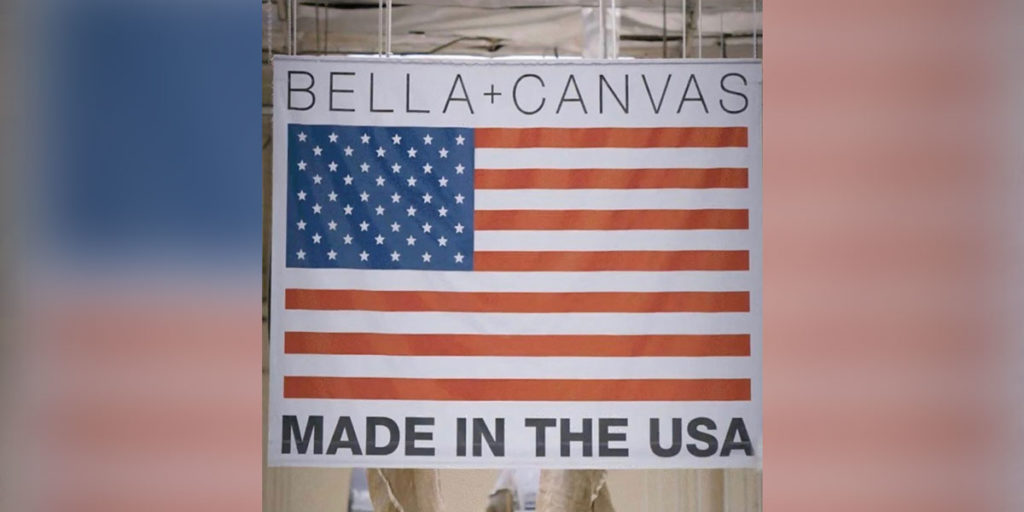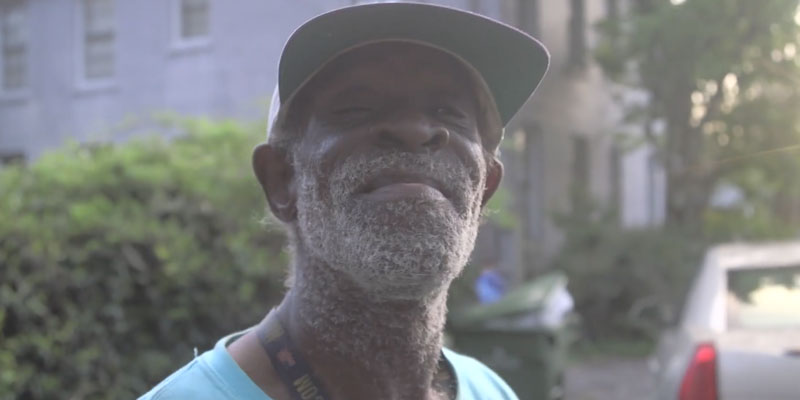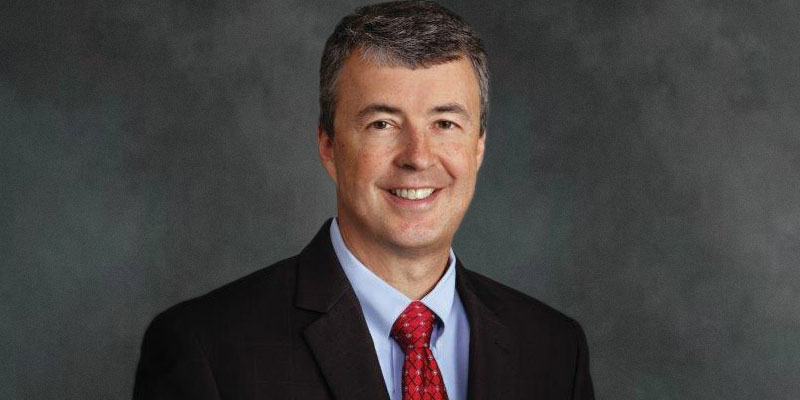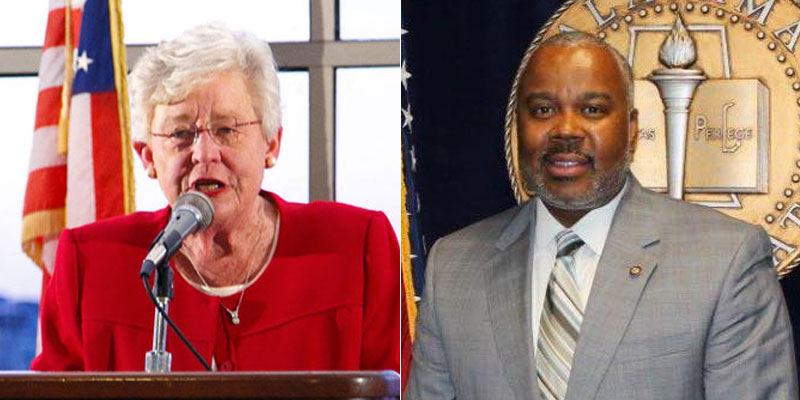
By: Artur Davis
Let me get the news-making information out of the way: On Aug. 25, an exact year before the election, I will be setting up a Davis for Mayor exploratory committee. If it reports that the resources and grassroots support are there, I am in.
I don’t underestimate the obstacles. While I was born on McKinney Street; while Dannelly, Montgomery Academy, Cloverdale and Jeff Davis gave me the foundation to make the Ivy League; while I cut my professional teeth trying cases in the old courthouse on Lee Street; and while I spent the first 31 years of my life in Montgomery, and married a Montgomery girl, none of that will spare me the carpetbagger attack. I know I will have to explain to African Americans just what this party switching business was about, and why being a Republican doesn’t mean that I have lost my heart for struggling people who can’t catch a break.
But let me talk for a moment about the city that shaped me. I have watched Montgomery emerge from its comfortably slow past to become the hub of the largest foreign car manufacturer in America. Downtown is alive again after hours, and not just when the Biscuits play. There is a new vibrancy on the riverfront. East Montgomery is the home of a thriving, and thankfully multiracial, class of professional families.
But only part of the capitol city shares in this progress. West and Southwest Montgomery have more in common with Selma’s entrenched stagnation than Wynlakes’ or Brighton’s manicured lawns. LAMP glimmers as a national model of excellence while virtually every non-magnet public school languishes. One out of five Montgomerians lives at the poverty level; tens of thousands more live on thin ice because their small wages barely keep pace with the cost of raising a family.
And think of this tantalizing detail: had Montgomery gained the same number of residents the last two years that it ended up losing, it would be the largest city in Alabama right now. That is a picture perfect measure of the fine line between advancing and slipping backwards.
It has occurred to me that what will determine Montgomery’s destiny are exactly the themes that motivated me toward political life 15 years ago. Just how does a community generate affluence and protect its vulnerable at the same time? How do schools build a foundation between 8 am and 3 pm that withstands the wreckage some youngsters face when they get home? How does a city lure jobs that are good enough to transform lives, and then how to prepare its young people to do the work when it comes? How does leadership convince blacks and conservative whites that their interests are really aligned and not at odds with each other?
The familiar left versus right debate is too exhausted, too stale to manage any of these problems. The last thing we need is to import the false choices in Washington into a Montgomery election.
So, my campaign won’t rehash what federal policies have and haven’t worked. Instead, my agenda will be solutions that answer to the test of effectiveness rather than ideological purity. I will explore whether Montgomery needs to design its own city school district in order to take ownership of the best weapon to target high paying jobs, the quality and accountability of its schools. I won’t shy away from the urgent need to draw investment into West Montgomery, or the imperative of saving damaged young offenders before they harden into career criminals. I will talk in concrete terms about the economy Montgomery ought to pursue: there is no reason why Montgomery can’t go the path of Charleston, S.C., a much smaller community that has still found a way to become a top 10 center for high tech jobs; why the home of a gem like Maxwell Air Force Base can’t compete for the defense industries that Huntsville and Mobile win routinely; or why a city 45 minutes from Auburn’s landmark research in alternative energy couldn’t become a national leader in the new energy marketplace.
This focus on issues and details is not the typical Alabama political strategy. But when my hometown is the only metro area in Alabama that is shrinking, when some of its lost children are killing people, when Montgomery is starting to get stuck again, it’s time for an election to focus on what it means to do better. That is what should decide the next mayoral race, and it is why I am ready to take a stand for the city that raised me.
Artur Davis is an attorney who represented Alabama’s 7th Congressional District in the U.S. House of Representatives from 2003-2011.












